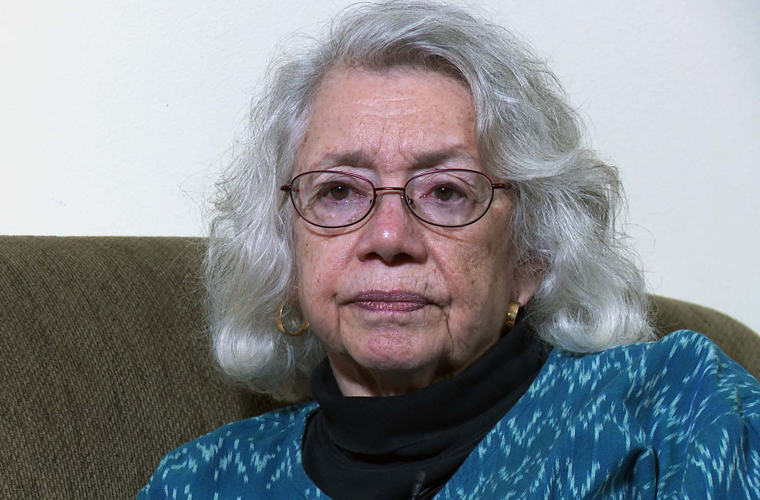Dorothy Zellner is a name that holds significant weight in the history of the Civil Rights Movement. As one of the early organizers of the Student Nonviolent Coordinating Committee (SNCC), her journey offers a unique perspective as a white woman in a black-led organization. Through her experiences, she sheds light on the dynamics of race and gender within the movement, providing valuable insights into a pivotal era in American history.
Zellner’s involvement in the Civil Rights Movement was deeply rooted in her commitment to social justice. Alongside her then-husband Bob Zellner, she played a crucial role in organizing civil liberties workshops and advocating for racial equality. Their efforts extended to the formation of a Northeast Regional Office of SNCC, where they worked tirelessly to mobilize support for the cause.
One of the pivotal moments in Zellner’s journey was her involvement in recruiting Northern volunteers for the 1964 Freedom Summer Project. This initiative aimed to register African American voters in Mississippi, where systemic racism and voter suppression were rampant. Zellner’s dedication to this cause exemplified her unwavering commitment to advancing civil rights and equality for all.
However, as the Civil Rights Movement progressed, SNCC faced internal challenges that would shape its trajectory. One of the most notable decisions was the organization’s choice to exclude white workers by the late 1960s. This shift in policy reflected the complexities of race and identity within the movement, prompting deep reflection on the role of white allies in the fight for racial justice.
For Zellner, this consensus within SNCC brought forth a range of emotions and considerations. While understanding the need for black autonomy and leadership, she grappled with the implications of excluding white allies from the movement. This decision underscored the intricate intersection of race and activism, prompting critical conversations about solidarity and inclusivity.
Despite the evolving dynamics within SNCC, Zellner emphasizes the organization’s profound impact as a non-racial community. Its ability to function as a diverse and inclusive space was a testament to its ethos of collective liberation. As she reflects on its eventual deterioration, she mourns the loss of a once vibrant and transformative force for social change in American society.
Zellner continues to hold SNCC as her life’s work, cherishing the memories and lessons gleaned from her time as an organizer. Her unwavering dedication to justice and equality serves as an enduring legacy, inspiring future generations to carry forth the torch of activism and advocacy.
In conclusion, Dorothy Zellner’s journey through the Civil Rights Movement offers invaluable insights into the complexities of race, gender, and activism. Her experiences within SNCC highlight the nuanced dynamics at play during a pivotal era in American history. As we reflect on her contributions, we are reminded of the enduring impact of individuals who dedicate their lives to advancing social change. Dorothy Zellner’s legacy stands as a testament to the power of collective action and the ongoing pursuit of justice for all.

